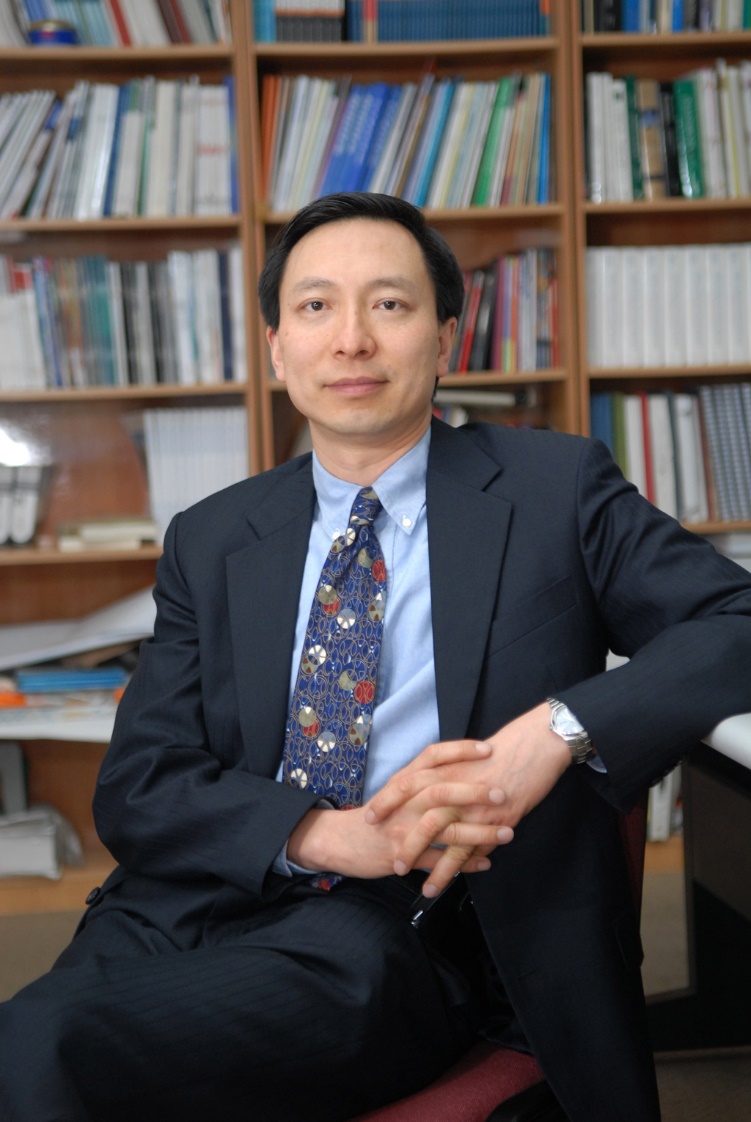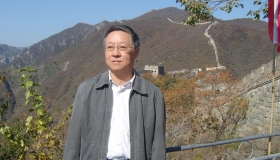Master Forum|Trade Imbalance, Heavy Imports, and Pollution
Topic: Trade Imbalance, Heavy Imports, and Pollution
Speaker: Professor Shang-Jin Wei
Date: Sunday, December 15, 2019
Time: 10:00am-11:30am
Venue: Governing Board Meeting Room, Dao Yuan Building
Language: English and Chinese
Abstract:
As a country’s trade imbalance is the gap between savings and investment, standard theories suggest that a trade surplus is problematic only if there are distortions in the level of either savings or investment. In this lecture, we propose a new channel for a trade surplus to produce a welfare loss. Trade imbalance affects the composition of trade by altering unit shipping costs. We show that countries with a larger trade surplus systematically import more goods with a high weight-to-value ratio. We explore two novel implications of this insight. First, countries with a larger trade surplus import more industrial scrap and waste. Second, as industries using more heavy inputs tend to be more polluting, a greater trade surplus begets more pollution. Finally, with a quantitative model, we show that the endogenous shipping cost channel can translate a trade surplus into a significant welfare loss.
Speaker Profile:
Professor Shang-Jin Wei is N.T. Wang Professor of Chinese Business and Economy and Professor of Finance and Economics at Columbia University’s Graduate School of Business and School of International and Public Affairs. He also served as Chief Economist of Asian Development Bank and Director General of its Economic Research and Regional Cooperation Department, Assistant Director and Chief of Trade and Investment Division at the International Monetary Fund, and Advisor at the World Bank.
Professor Wei is a noted scholar on international finance, trade, macroeconomics, and China. He is a recipient of the Sun Yefang Prize for Distinguished Contributions to Economics (for the invention of the Competitive Saving Motive published in Journal of Political Economy), the Zhang Peifang Prize for Contributions to Economics of Development (for pioneering work on measurement of global value chains published in American Economic Review), and the Gregory Chow Award for Best Research Paper.






